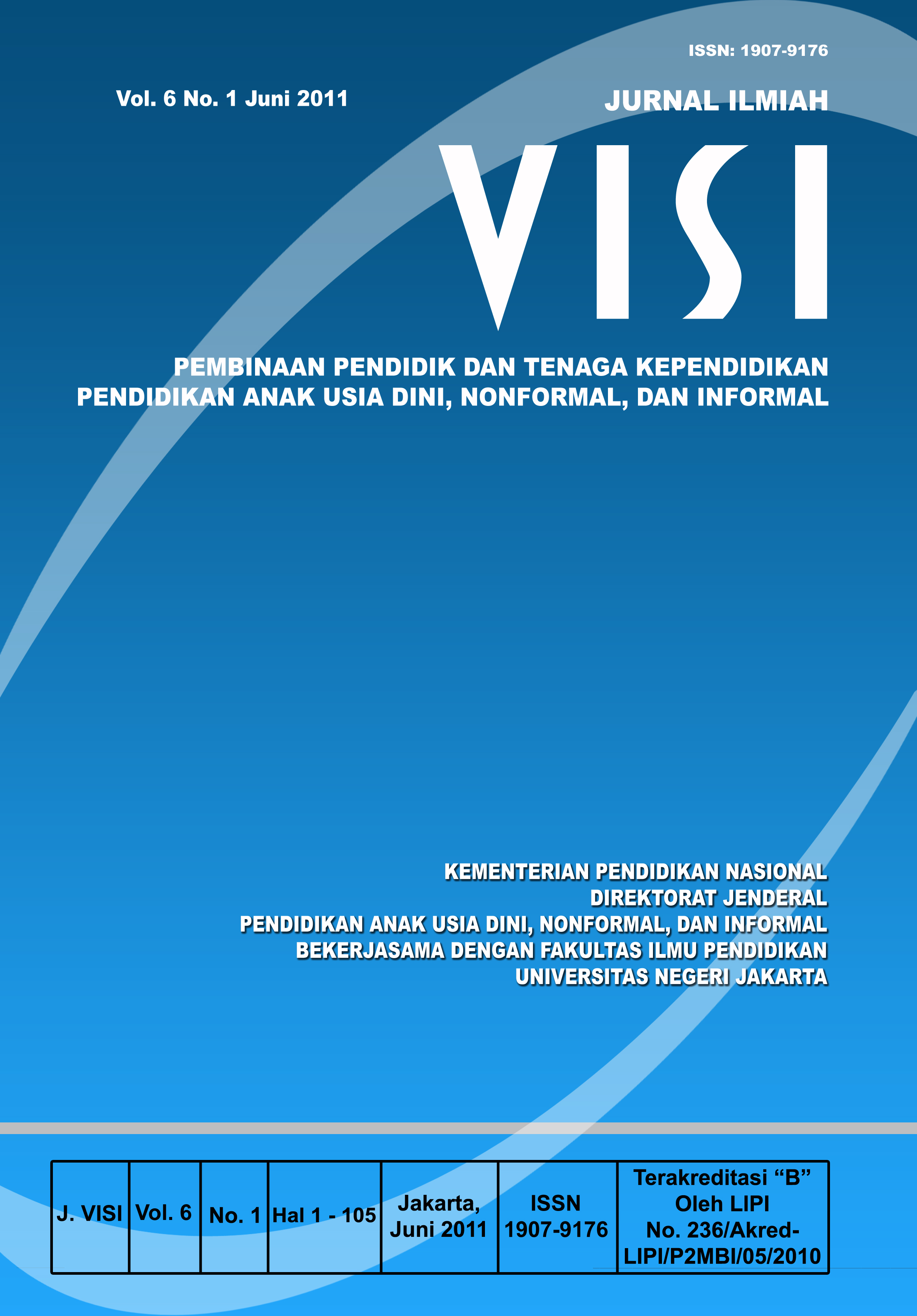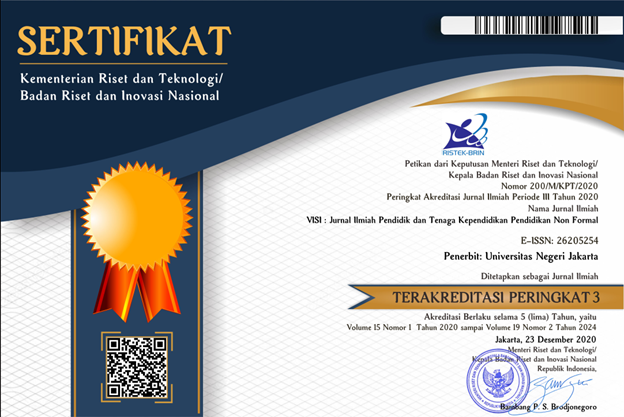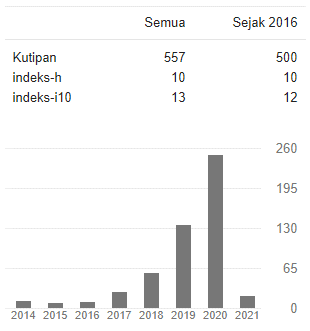PENGEMBANGAN MODEL PEMBELAJARAN BERBASIS MASALAH UNTUK MENINGKATKAN MOTIVASI BERPRESTASI WARGA BELAJAR PROGRAM PENDIDIKAN KECAKAPAN HIDUP
DOI:
https://doi.org/10.21009/JIV.0601.4Keywords:
achievement motivation, entrepreneurship, life-skill education, problem based learningAbstract
This study aimed to develop a model of problem-based learning to increase the achievement motivation of the participants of life skills education programs and to examine the effectiveness of the learning model in accelerating the achievement motivation. The research conducted in Kemloko, Srimartani village, Piyungan Sub-district, Bantul, in the Province of Yogjakarta, employed research and development approach in an oyster mushroom cultivation training. The try out of the model used experimental design (quasi experiment - a non equivalent control group design), with 20 people for each group. The results showed that there is no difference in achievement motivation scores before and after training (p = 0.385) in the control group after an average of different test score achievement motivation, while there are differences in achievement motivation scores before and after training (p = 0.001). Effectiveness test also showed significant differences between the control and treat-ment groups (p = 0.012) so that the problem-based learning model is effective to increase achievement motivation compared to the conventional models (model control class).
Downloads
Published
How to Cite
Issue
Section
License
Authors who publish with this Journal agree to the following terms:
- Author retain copyright and grant the journal right of first publication with the work simultaneously licensed under a creative commons attribution licensethat allow others to share the work within an acknowledgement of the work’s authorship and initial publication of this journal.
- Authors are able to enter into separate, additional contractual arrangementfor the non-exclusive distribution of the journal’s published version of the work (e.g. acknowledgement of its initial publication in this journal).
- Authors are permitted and encouraged to post their work online(e.g. in institutional repositories or on their websites) prior to and during the submission process, as it can lead to productive exchanges, as well as earlier and greater citation of published works.
- Users/public use of this website will be licensed to CC BY-NC-SA Creative Commons Attribution-NonCommercial-ShareAlike 4.0 International License









